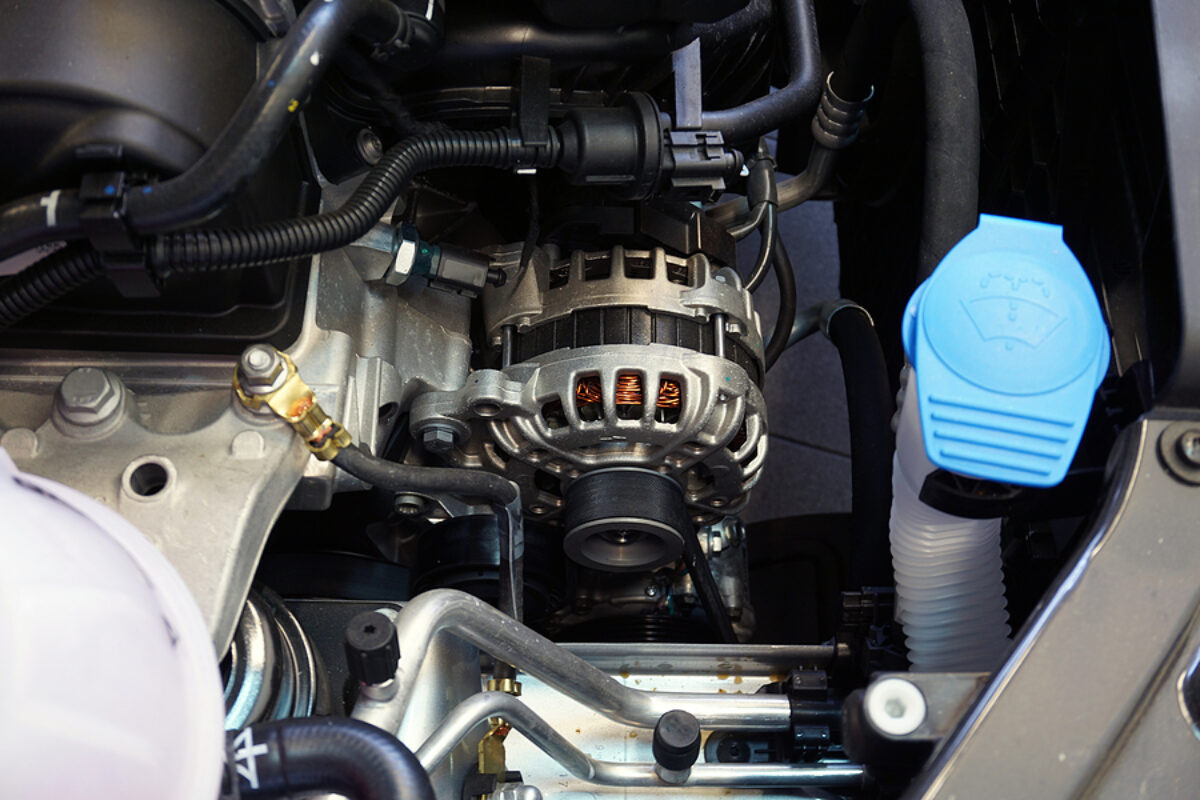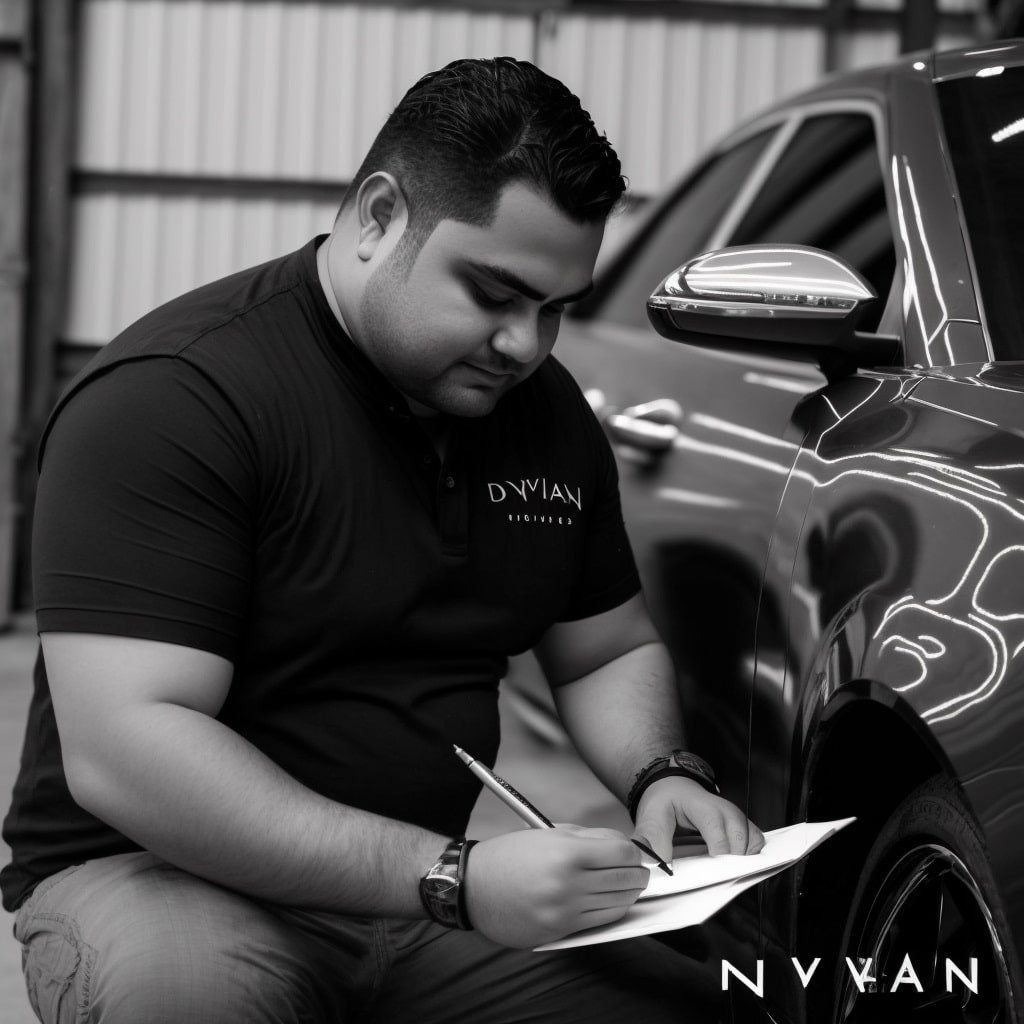Last Updated on June 19, 2023 by Ryan
If a car has both a new battery and alternator, but is still dying, then there could be multiple issues at play. Some of the more common causes include an issue with the fuel pump or injectors, a problem with the spark plugs or ignition system, problems with wiring or connections in the charging system, or even low oil levels due to leaking seals or worn bearings. It’s important to properly diagnose what is wrong before attempting any repairs.
Taking it to a mechanic for an inspection can help identify exactly what needs fixing so that you can get your car back on the road as soon as possible.
It can be incredibly frustrating if your car still dies despite having a new battery and alternator installed. There are a few different things that could be causing this issue, like an electrical fault in the wiring system or an engine control unit problem. It is important to take your vehicle to a professional mechanic as soon as possible so they can troubleshoot the issue and get it running properly again.
New alternator NOT CHARGING BATTERY~~~ SIMPLE FIX
Why Does My Car Keep Dying With a New Battery And Alternator?
If your car is dying with a new battery and alternator, the issue could be related to a faulty electrical system. It’s important to have an experienced mechanic inspect the entire electrical system of your vehicle, including the wiring harness and all other components that may be faulty or damaged. Faulty grounds in the engine compartment, corroded connectors at key points like fuse boxes or relays can cause poor voltage delivery from the battery to other parts of your vehicle.
Additionally, problems with corrosion on terminals and cables can lead to weak charging signals being sent from the alternator throughout your car’s electrical systems. If none of these issues are present, then it is likely that you need to replace either the starter motor or ignition switch as they are responsible for engaging starters during cranking operations.
Why is My New Alternator Not Charging My New Battery?
If you recently installed a new alternator and battery, it’s possible that the problem lies with your electrical system. Your new alternator may not be charging your battery because there is an issue with its wiring or connections, or because of a faulty regulator or voltage limiter. Additionally, if the belt connecting the alternator to the crankshaft pulley isn’t properly adjusted, it can also prevent proper current flow from reaching your battery.
It’s important to check all of these components in order to diagnose why your new alternator isn’t charging your battery correctly.
Why Wont My Car Start After I Changed the Alternator?
If your car won’t start after you changed the alternator, it could be due to a number of reasons. Most likely, the issue is related to either an electrical problem or a connection issue with the battery. It could also be that the new alternator isn’t compatible with your vehicle’s system or that it was installed incorrectly.
To diagnose and fix this problem, it’s important to check all connections between the battery and alternator and make sure they are secure. Additionally, if there are any codes stored in your car’s computer system, those should be checked as well since they can provide clues about what might be causing the issue. Lastly, seeking professional help from a qualified mechanic may help ensure that any problems with your engine are properly addressed so you can get back on the road again quickly and safely.
What Can Drain a Car Battery Besides the Alternator?
There are a few common culprits that can cause your car battery to drain, even if the alternator is working properly. First, it could be something as simple as leaving lights or other electrical components on when the vehicle isn’t running. Additionally, if you have an older vehicle and don’t take it out for regular drives, this can also lead to a drained battery due to sulfation of the cells.
Finally, shorted or disconnected wiring in the charging system or excessive draw from a faulty component like an ECU can all cause problems with your car’s battery draining prematurely.

Credit: www.cashcarsbuyer.com
Replaced Alternator And Battery Still Not Charging
If you have replaced both the alternator and battery in your vehicle, but it is still not charging, it could be due to a faulty connection or weak voltage regulator. It is important to check all connections and wiring for any corrosion or other damage that may be preventing power from reaching the battery. If everything appears to be ok, then the problem may lie with either the new alternator or a defective voltage regulator.
In this case, you should consult an automotive professional for help diagnosing and solving this issue.
New Battery And Alternator, But Battery Light is Still on
If you just installed a new battery and alternator but your car’s battery light is still on, it could be caused by several different issues. It could be due to something as simple as a loose or corroded cable connection, or there may be an issue with the charging system itself such as a bad voltage regulator. In any case, it’s important that you have the vehicle checked out by a qualified mechanic in order to diagnose and repair the problem.
New Battery And New Alternator But Car Won’T Start
If your car is not starting despite having a new battery and alternator, you may need to check the wiring connections between these components. Poor connections can prevent the engine from receiving sufficient power to start. Additionally, it’s possible that there are problems with other components in the ignition system such as spark plugs or coils which could be preventing it from turning over.
If all else fails, take your car into a mechanic for further diagnosis and repair.
Conclusion
In conclusion, it is clear that a new battery and alternator in a car does not necessarily guarantee the car will run. A deeper look into other components of the vehicle must be conducted to determine why the car still dies after these new parts are installed. The source of the problem may be due to an electrical issue or mechanical failure, but without further testing it can be difficult to pinpoint exactly what is causing this issue with your car.



